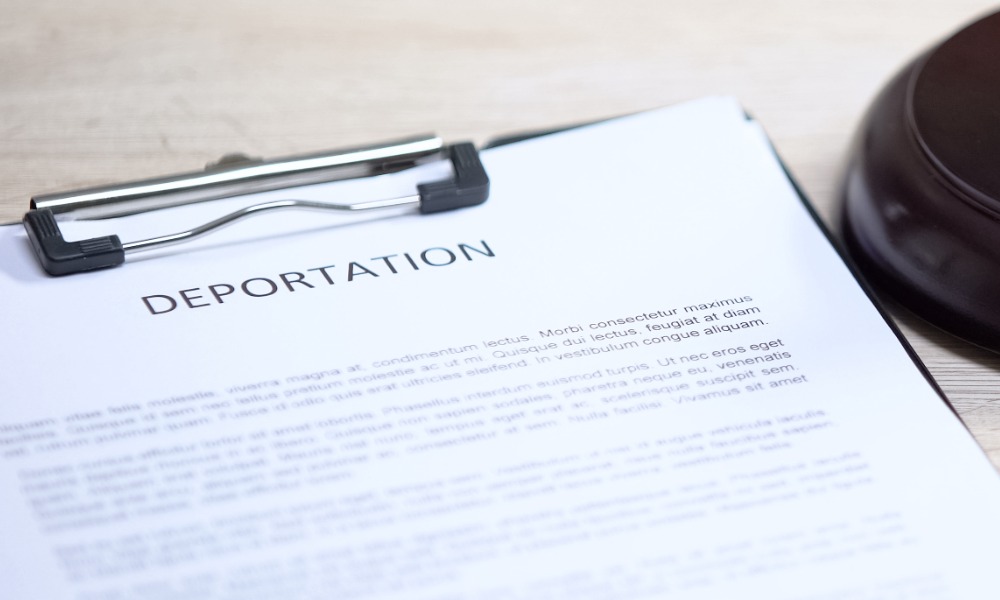The assault of an Auckland parking warden raises an important question – how do you make sure employees are safe on the job? HRM looks at measures you can take.
A recent assault which saw an Auckland Transport parking warden left with a fractured rib and a partially punctured lung highlights the issue of making sure workers are safe on the job.
Employees in roles that have a social stigma can be exposed to verbal and physical abuse.
So how can you help to keep workers safe?
Glenn Barclay, Public Service Association acting national secretary, said that employees working alone needed to know who they could turn to in difficult situations and that backup was available.
“Employers need to think about whether they need to be working on their own or if they should be working in pairs. That’s the ideal.
“A lot of parking wardens do work in pairs, which is great. It’s really important that the person is allowed time off and access to any counselling they might need, as well as medical attention. The employer needs to be aware of both upstream and downstream – prevention and support, once these things occur.”
He said the association had members who worked alone going into people’s homes as support workers and members who worked in mental health and intellectual disability residential services.
“There’s a high risk of violence for a lot of our members because of the work they do. Employers are aware of the challenges – some are more advanced than others in terms of their thinking. Workers have the right to go home safe and sound at the end of the day, as well as the client they work with.”
He said there were a range of different measures employers could put in place, depending on the job and sector in question.
In the mental health sector, for example, when an organisation had a client referred to them, they needed to fully ascertain the background of that person and the risks associated with caring for and supporting them.
“They need to make sure that staff have adequate training to manage situations that they find themselves in, that they have care plans in place that are appropriate, recognising all the challenges that the individual might have, through to adequate staffing to make sure that people aren’t exposed and on their own and there are systems in place if a worker finds themselves vulnerable to attack, that they have people close at hand and able to respond.”
Professor Blake Ashforth from Arizona State University, who is an expert on what society considers to be “dirty jobs”, said employers could provide time and space for workers to talk and decompress.
“It can also be useful to minimize the time that employees spend actively engaged in dirty work. It may be possible to rotate employees across tasks so that they have an opportunity to restore a self-image after negative experiences.
“For example, parking inspectors or bill collectors may experience negative reactions from the public as they go about their work – the employer may be able to balance that ‘front-stage’ exposure with some ‘back-stage’ recovery time.”
Employees in roles that have a social stigma can be exposed to verbal and physical abuse.
So how can you help to keep workers safe?
Glenn Barclay, Public Service Association acting national secretary, said that employees working alone needed to know who they could turn to in difficult situations and that backup was available.
“Employers need to think about whether they need to be working on their own or if they should be working in pairs. That’s the ideal.
“A lot of parking wardens do work in pairs, which is great. It’s really important that the person is allowed time off and access to any counselling they might need, as well as medical attention. The employer needs to be aware of both upstream and downstream – prevention and support, once these things occur.”
He said the association had members who worked alone going into people’s homes as support workers and members who worked in mental health and intellectual disability residential services.
“There’s a high risk of violence for a lot of our members because of the work they do. Employers are aware of the challenges – some are more advanced than others in terms of their thinking. Workers have the right to go home safe and sound at the end of the day, as well as the client they work with.”
He said there were a range of different measures employers could put in place, depending on the job and sector in question.
In the mental health sector, for example, when an organisation had a client referred to them, they needed to fully ascertain the background of that person and the risks associated with caring for and supporting them.
“They need to make sure that staff have adequate training to manage situations that they find themselves in, that they have care plans in place that are appropriate, recognising all the challenges that the individual might have, through to adequate staffing to make sure that people aren’t exposed and on their own and there are systems in place if a worker finds themselves vulnerable to attack, that they have people close at hand and able to respond.”
Professor Blake Ashforth from Arizona State University, who is an expert on what society considers to be “dirty jobs”, said employers could provide time and space for workers to talk and decompress.
“It can also be useful to minimize the time that employees spend actively engaged in dirty work. It may be possible to rotate employees across tasks so that they have an opportunity to restore a self-image after negative experiences.
“For example, parking inspectors or bill collectors may experience negative reactions from the public as they go about their work – the employer may be able to balance that ‘front-stage’ exposure with some ‘back-stage’ recovery time.”





